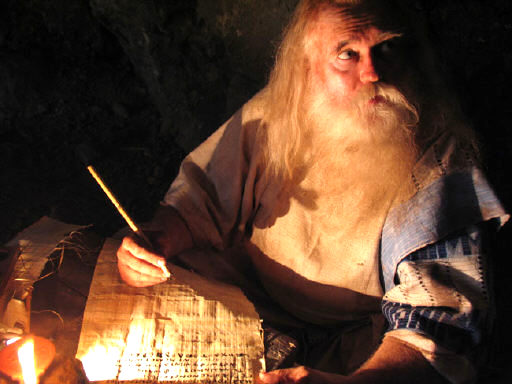 |
|
A Seoul court rejected Protestant churches' request to ban the local release of "The Da Vinci Code".
|
"It doesn't seem probable that the movie will cause a misconception that the story is true, and an average person in our society has concise ideas or beliefs about the life of Jesus and Christianity, and it is unlikely such ideas will change while he or she sees the movie," said Song Jin-hyun, a presiding judge in the court's civil affairs division. The judge also suggested the original book has been widely read already, and a ban on the movie version of it is pointless. The Protestant church group vowed to hold a boycott of the movie among its members nationwide. "Regional representatives of our church members held a meeting today and made a resolution to spread a movement not to watch 'The Da Vinci Code' and persuade theater owners to drop the movie," Park Seung-cheol, a pastor and the group's spokesman, said after the ruling. The Protestant network has campaigned to fend off the movie from the country, seeking the court injunction and visiting the Korean branch of Sony Pictures, which produced the movie. In line with the general criticism about the book by Dan Brown, the churches point to the depiction of Jesus as being a mere mortal. In the story, Jesus married Mary Magdalene and had children who would later found the Merovingian dynasty in France. It also attacks the male-dominated church leadership and accuses it of writing history for its own interests. Such a jumbled depiction of facts and fiction glosses over the story as being real and sows skepticism about the foundation of the Church, they claim. Aside from the Protestant churches, however, the Korean Christian community has stayed away from the controversy. The Roman Catholic Church, for example, said it sees the movie as a work of art that essentially accompanies elements of imagination. Protestant churches in South Korea claim a membership of 12 million, about a quarter of the population, and have 13,000 missionaries around the world, the second-largest number after the United States. The book sold more than 2.6 million copies in Korea and 43 million worldwide. According to the Interpark.com, a local Web site for buying tickets for entertainment goods, 87 percent of movie ticket buyers chose "The Da Vinci Code." Similar requests for movie bans in the country have mostly been dismissed. The latest cases include the domestic blockbuster "Silmido," a story about commandos organized to attack North Korea, which was accused of libeling the commandos and their families, and "The President's Last Bang," criticized for disparaging the late President Park Chung-hee. (Yonhap News Agency)





